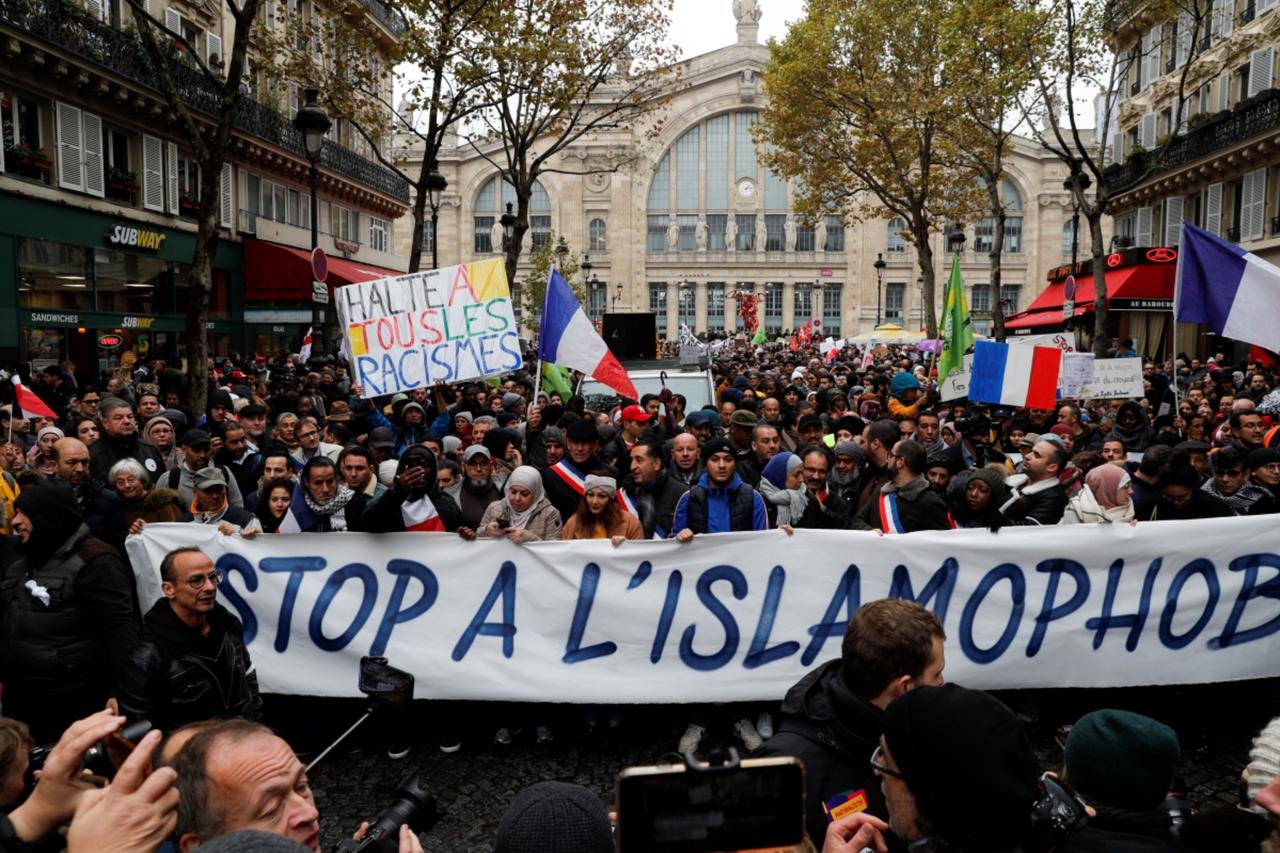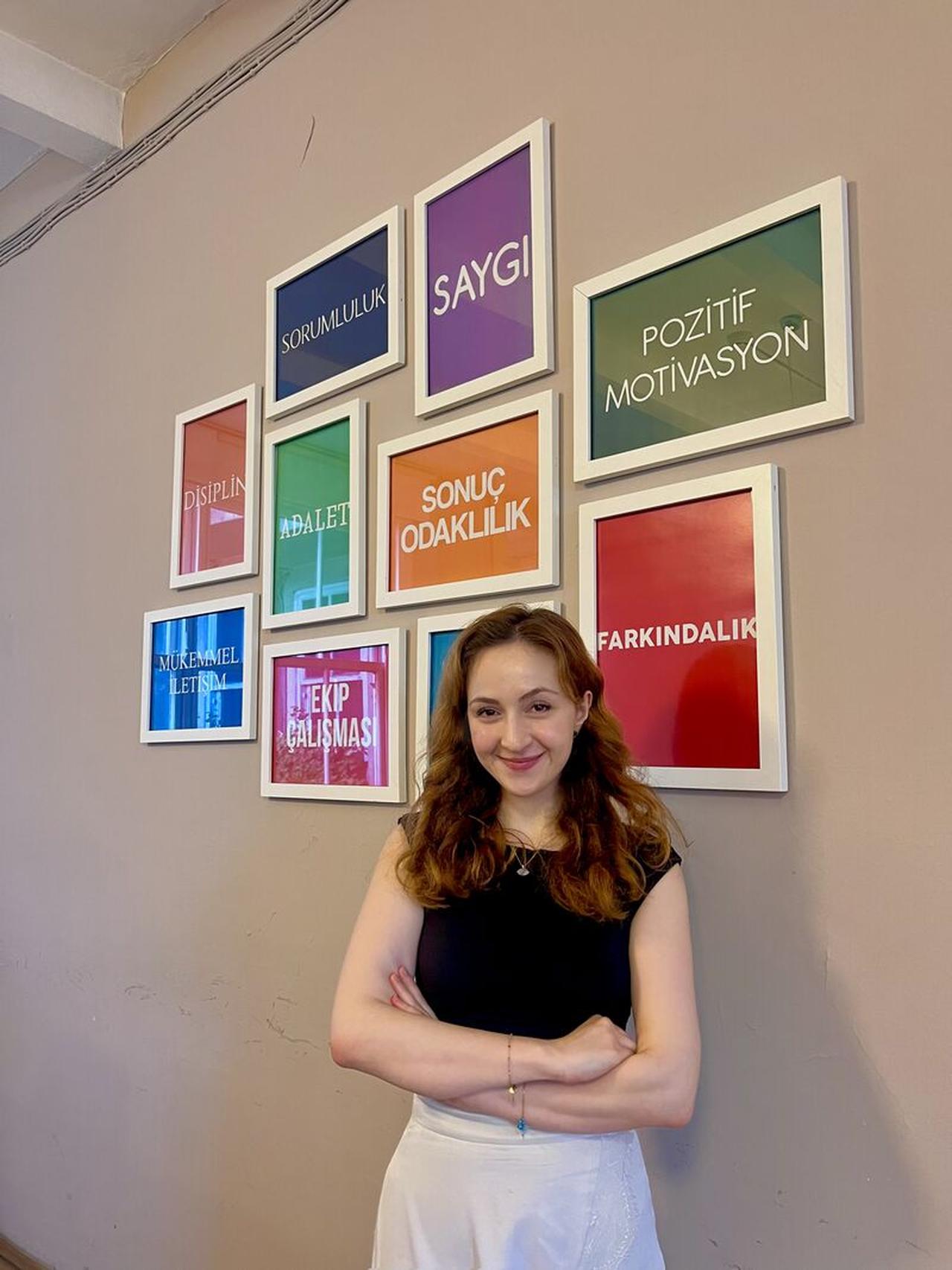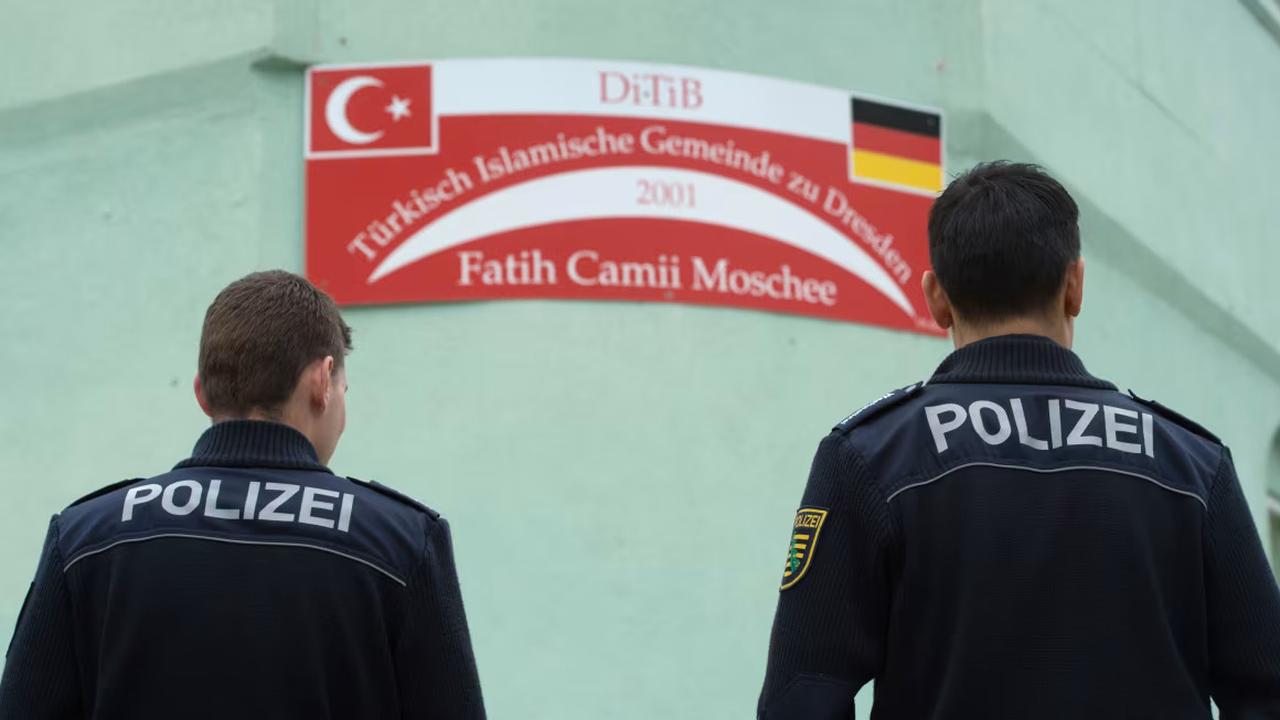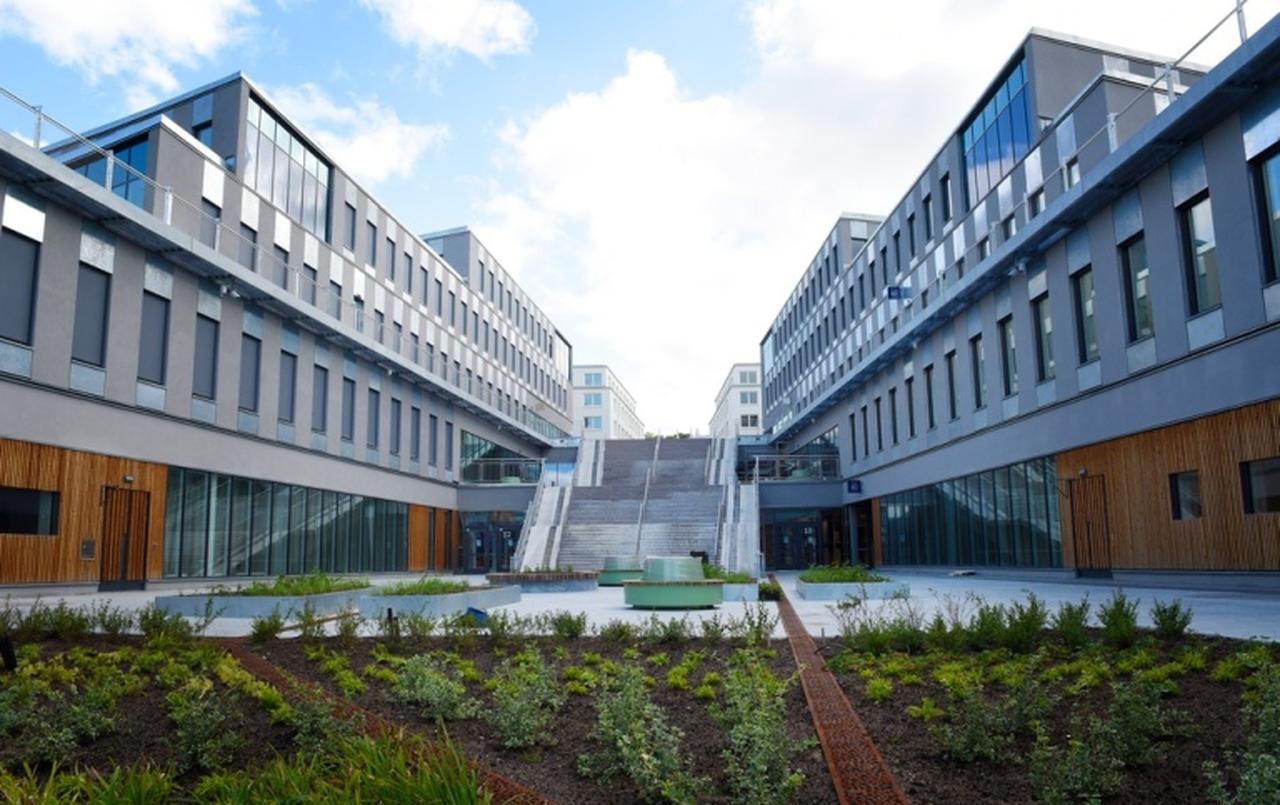
Across Europe, a troubling pattern has begun to emerge: Turkish students and Muslim youth are increasingly facing discrimination tied not to their achievements, but to their identity. From denied academic opportunities to rising hate crimes and social exclusion, anti-Muslim and anti-Turkish sentiment is seeping into both public life and formal institutions.

In a recent high-profile case in Sweden, a Turkish student was denied an internship because of her nationality, a decision later ruled discriminatory under Swedish law. This incident, while exceptional in its publicity, reflects a growing reality for many Turkish students navigating academic spaces across Europe.
Universities are often considered places of openness and critical thought. But for Turkish students in countries like Sweden, Germany and France, they’re becoming places of silent exclusion. In 2022, Fatma Zehra Solmaz, a psychology student from Türkiye, applied for a research internship at Stockholm University through the Erasmus+ program.
Although initially welcomed by the professor, she was soon rejected, not because of qualifications or capacity issues, but because of Türkiye’s political stance on Sweden’s NATO application.

The response, sent via email, directly referenced Türkiye’s opposition to Sweden’s NATO bid, stating that it was the reason the professor could not accept her. The email stunned Solmaz, who said she needed time to fully grasp that she was being rejected due to something entirely beyond her control.
Sweden’s Equality Ombudsman later investigated and found that Stockholm University had violated discrimination laws. The ruling emphasized that the student was treated unfairly because of her ethnic and national affiliation, a direct breach of the principles of equal opportunity in education. While the university offered a general apology and claimed internal action was taken, the student never received a personal apology from the professor involved.
This case points to a wider, unspoken issue: many students of Turkish descent feel they are judged first by their passport or religion, not their talent. In competitive spaces like universities, such treatment adds psychological pressure and forces students to question their place in environments meant to be inclusive.

What begins in classrooms and inboxes does not stop there. Turkish communities in Europe, particularly in Germany, home to nearly three million people of Turkish origin, are increasingly alarmed by the rise in hate crimes, social hostility and anti-Muslim propaganda.
Between 2014 and 2020, more than 700 mosque attacks were reported in Germany. Many of these included graffiti with hateful messages, broken windows, or, in some cases, fire damage.
Community leaders have warned that inaction by authorities is worsening the problem. When attackers are not identified, fear takes root. Some mosques have even reduced the visibility of their religious symbols to avoid being targeted again.
Far-right groups in Europe have used political tension, migration debates, and economic instability as fuel for their narratives. In France, Austria, Sweden, and the Netherlands, political parties with openly anti-Muslim rhetoric have not only entered parliaments but now influence policy and public opinion. What once would have been dismissed as hate speech is now often masked as “free expression” or “concerns about cultural integration.”
In Germany, recent studies also revealed that some police officers hold racist and Islamophobic attitudes, including a term reportedly used within the force, “Turk hunts,” where Turkish individuals were intentionally stopped or provoked. These aren’t isolated issues; they indicate a deeper, systemic problem in institutions that are meant to uphold justice.
Despite decades of living, working, and contributing to European societies, many Turks and Muslims still face the label of “outsider.” Cultural traditions, religious practices, or even speaking Turkish in public can become a reason for suspicion or judgment. It’s not only older generations feeling this. Students, even those born and raised in Europe, report being seen as foreigners in their own countries.

Turkish students studying in Europe are not just visitors; they are future doctors, researchers, teachers, and professionals who wish to contribute to the societies they live in.
Many do not expect special treatment or extraordinary services. But they ask only for fairness and respect, basic principles at the heart of European democracy, and to be able to experience equal rights.
But when young people are judged for decisions made by governments or face rejection simply for belonging to a particular group, trust begins to break. In classrooms, they are told about equality. In life, they are shown something different.
There is no single policy that will fix what’s unfolding across Europe. But the first step is acknowledgment.
Not just from ombudsman offices or academic institutions after a case reaches headlines, but from everyday people, educators, and leaders who shape how society treats its minorities.
It’s not just about Turkish students. It’s about the kind of Europe that is being built, one where inclusion is practiced, not just preached.